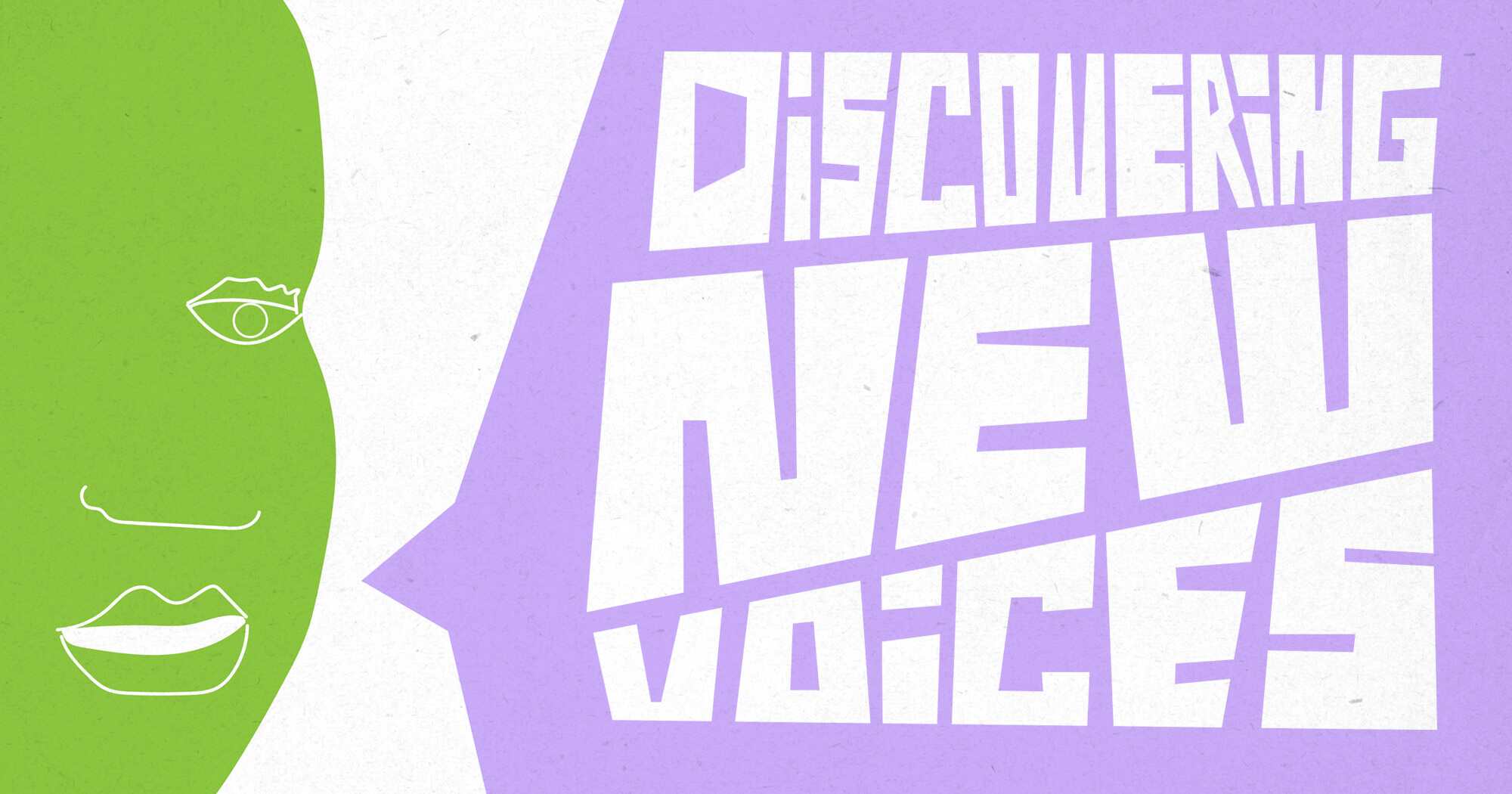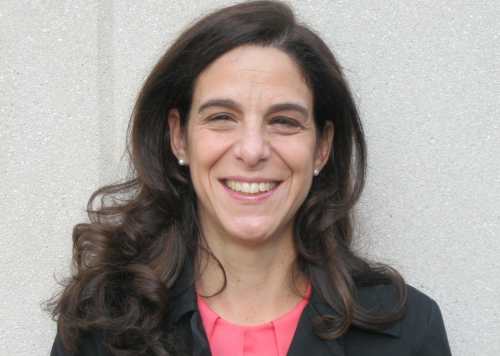New Algonquin Books Editor Brings Storytelling from People Magazine

Algonquin Books was founded in 1983 in part to publish work by undiscovered young writers, and the company’s new editorial director, Betsy Gleick, is committed to redoubling the company’s pursuit of talented new voices. The former editor at People magazine comes from a news background. How that will translate into books with a longer shelf life is something she explains in our interview below.
You’re new to Algonquin Books—congratulations on the new job, by the way—but coming from the outside looking in, what to you differentiates Algonquin as a publisher?

Betsy Gleick: 'Algonquin is also known for taking great care with each author and each book.'
Thanks! I’m excited to be joining what is, first and foremost, a successful family business that is committed to quality publishing in everything it does. And of course Algonquin has such a great literary pedigree, both in fiction and nonfiction, and a history of discovering new voices—and bringing those voices to a wider audience. While of course lots of publishers say this is what they want, I think Algonquin is also known for taking great care with each author and each book on its list, and publishing those projects really well.
Your last job was at Audible.com. As you know, audiobooks represent a fast-growing segment of the publishing market. Why do you think that is, and what can traditional publishing learn from the growth of audiobooks?
I think that when done right, with a great match of narrator and material, the audiobook experience can be unique; it’s deeply personal to have someone telling you a story straight into your ears, an immersive experience in the same way that any great book can be immersive. And of course the rise of mobile—and maybe our increasingly multitasking lives—makes it possible and desirable to “read” while running, driving, cleaning, whatever. I’m a huge fan of audio, not just books but also the extraordinary work being done by audio storytellers around the world. So I guess I would say that my goal would be to help find and tell some of those amazing stories that I am hearing every day, and to help deliver those stories in whatever format readers want the most.
That said, I love physical books, and am building more shelves in my apartment soon.
Diversity is a big buzzword in publishing these days. How important is it to stress minority voices—especially at an independent publishing house?
The short answer? Extremely.
I think we’re in the middle of an extraordinary explosion of content and new platforms, and those are not dirty words to me, because this growth in new outlets has meant that people who may have been formerly voiceless have an opportunity to be heard and to take charge of their own stories. Book publishing absolutely needs to be a part of that, or it will die, because diversity is vital to ensuring that new generations continue to love (and buy) books. Algonquin is committed to publishing a range of voices. Also, it’s worth saying that literature helps build empathy and understanding, something that sometimes seems sorely lacking at the moment.
You come from a newsy background at People magazine (well, news and celebrities!). Books need to have a longer shelf life than a weekly publication, though. Will this be a difficult transition?
All I can say is, I hope not! Although I am passionate about the news, for me, People was not about covering straight news. It was fundamentally about telling incredible stories with staying power and emotional impact, stories you’d want to repeat to your friends at a party on Saturday night, or stories that everyone would be burning to ask me about. That’s how I feel about the best books, too—that feeling of saying to a friend, You must read this, it’s incredible and unforgettable.
What books are on your nightstand (or e-reader?) right now?
Well, I just finished one of Algonquin’s big books for fall, Gayle Forman’s Leave Me, which I read in one delightful gulp, and I have the whole Algonquin backlist and frontlist and futurelist to acquaint myself with, so there’s that. I’m also in the middle of the new Richard Russo, Everybody’s Fool. He’s one of my longtime favorite writers. I’m on book three of Elena Ferrante’s Neapolitan novels. I have Marjane Satrapi’s Persepolis on my nightstand because one of my daughters, a huge graphic book fan, has been insisting I read it, and I very much want to. And I’m in a children’s literature book group, so I must get on the stick there, and get hold of our next book, Father’s Arcane Daughter, by E.L. Konigsburg.

Howard Lovy is executive editor at Foreword Reviews. You can follow him on Twitter @Howard_Lovy
Howard Lovy
